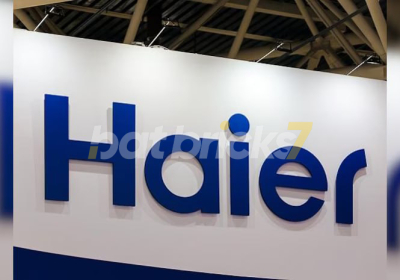Nestle Judgment Fallout Switzerland Suspends Most Favoured Nation Clause in Tax Avoidance Pact with India Could Impact USD100 Billion Investment Plan

Nestle Swiss companies such as Nestlé face higher taxes on dividends
In what could potentially impact Swiss investments in India and higher taxes on Indian companies operating in Switzerland starting January 1, 2025, Bern has suspended the Most-Favoured-Nation (MFN) clause in the Double Taxation Avoidance Agreement (DTAA) that India and Switzerland entered originally in 1994 and amended in 2010, a statement released by the Swiss government dated December 11 showed.
This decision follows a ruling by the Indian Supreme Court last year, which determined that the DTAA cannot be enforced unless it is notified under the Income Tax Act.
As a result, Swiss companies such as Nestlé face higher taxes on dividends.
The Supreme Court ruling effectively overturned a Delhi High Court order that had ensured companies and individuals were not subject to double taxation while working in or for foreign entities.
Tax experts said that the move by the Swiss could “impact investments” in India as dividends would be subject to “higher withholding tax”.
Notably, India and four-nation European Free Trade Association (EFTA), an intergovernmental grouping of Iceland, Liechtenstein, Norway and Switzerland signed a free trade agreement where the EFTA countries committed investment worth $100 billion investment in India over a 15-year.
However, the Swiss embassy said that there is no direct impact on the EFTA-India TEPA.
“In particular this week’s decision does not negatively affect investment from Switzerland to India.
The question of the interpretation by Switzerland and India of the most-favoured-nation clause concerns the residual tax rate applicable to dividends based on the double taxation agreement paid by a company of one contracting state to a resident of the other contracting state.
However, the change in this residual rate has no impact on the validity of the double taxation agreement as such, or on any other treaties under international law concluded between Switzerland (independently or under the EFTA framework) and India,” the embassy said in response to a query.
The Swiss authorities said that the suspension was enforced due to a lack of “reciprocity” in the DTAA by the Indian government.
They added that for dividends due on or after January 1, 2025, the residual tax rate in the source state would be limited to 10 per cent.
“Based on the Indian Supreme Court ruling, the Swiss competent authority acknowledges that its interpretation of paragraph 5 of the Protocol to the IN-CH DTA is not shared by the Indian side.
In the absence of reciprocity, it therefore waives its unilateral application with effect from January 1, 2025.
Accordingly, income accruing on or after this date may be taxed in the source state at the rates provided in the DTA IN-CH, regardless of paragraph 5 of the Protocol,” the Swiss government statement said.
Nestlé SA, Concentrix Services Netherlands, and other multinational companies had argued that since the Netherlands, Switzerland, and France are members of the OECD, the beneficial 5 per cent withholding tax rate in treaties with Slovenia, Lithuania, and Colombia should apply to them as well.





